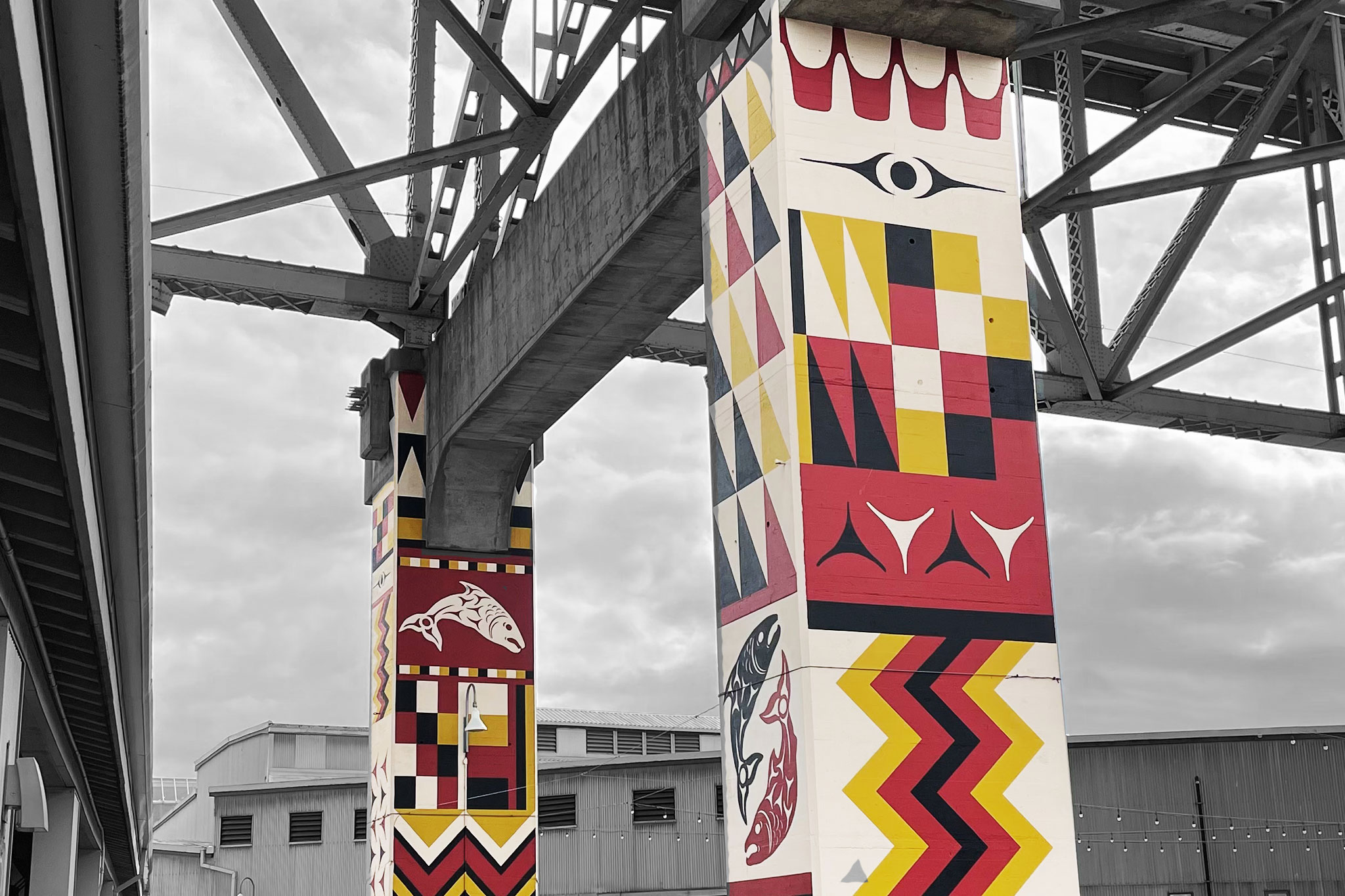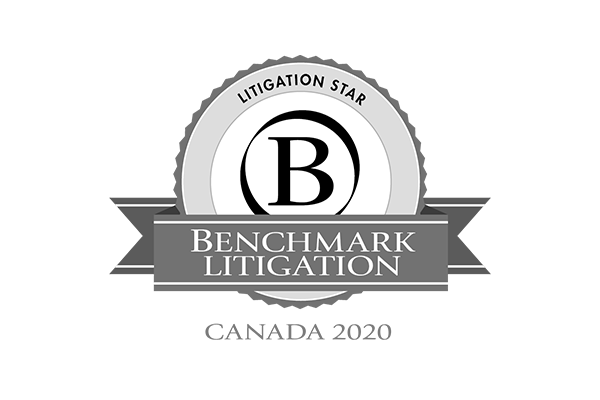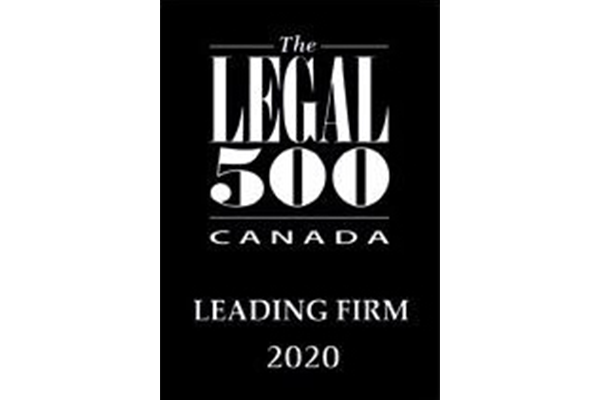We want the cases that everyone else says are impossible.
We are motivated by doing great work on great cases with great ideas.
The world is changing. Jurisdiction over the Internet. Privacy. Climate change. Cryptocurrencies. Social media. Democracy. Inclusivity. These present unprecedented challenges to lawyers and the law. Lawyers need to be able to adapt to these challenges, and find solutions.
That means considering all ideas – from our clients or anyone else – and working with them until we can present your case as a compelling story that we can prove on the facts and win on the law.
Any solution must be economical. We budget the cost and model the likely recovery of every case so that you can make sound economic decisions about how you want to proceed. Not every problem has a good solution; if yours is one of these we will tell you.
And we always do the right thing. Moral integrity underlies everything we do.
Truth and Reconciliation
We are committed to the process of truth and reconciliation reflected in the Law Society of British Columbia’s new Indigenous Intercultural Course. Acknowledging the wrongs of the past, and reflecting our desire to have diversity of ideas and histories in our firm, we are committed to recruiting Indigenous lawyers, and to being evolving learners ourselves.
Work Here
DESIGN THINKING
Our Approach
The creative process is highly intuitive. All ideas, no matter how unusual they seem, are considered, until we have some possible approaches that might work. Then we ruthlessly test the ideas against the available evidence and the existing law. Over several iterations the ideas are winnowed down and the best approach to the problem emerges.
Empathize
Ask. Intuit. Feel. Understand.
Define
What is the essence of the human story that emerges, and how might it be framed into winnable legal issues.
Test
Ruthless logic takes over. Does the story work in the cold light of the available evidence and law. Is it economical to pursue.
Refine
Synthesize logic and instinct. Ask the what ifs. Repeat.
Judges apply the law, and want a fair result. What will the court believe is the fair result in this case?
RECOGNITION





